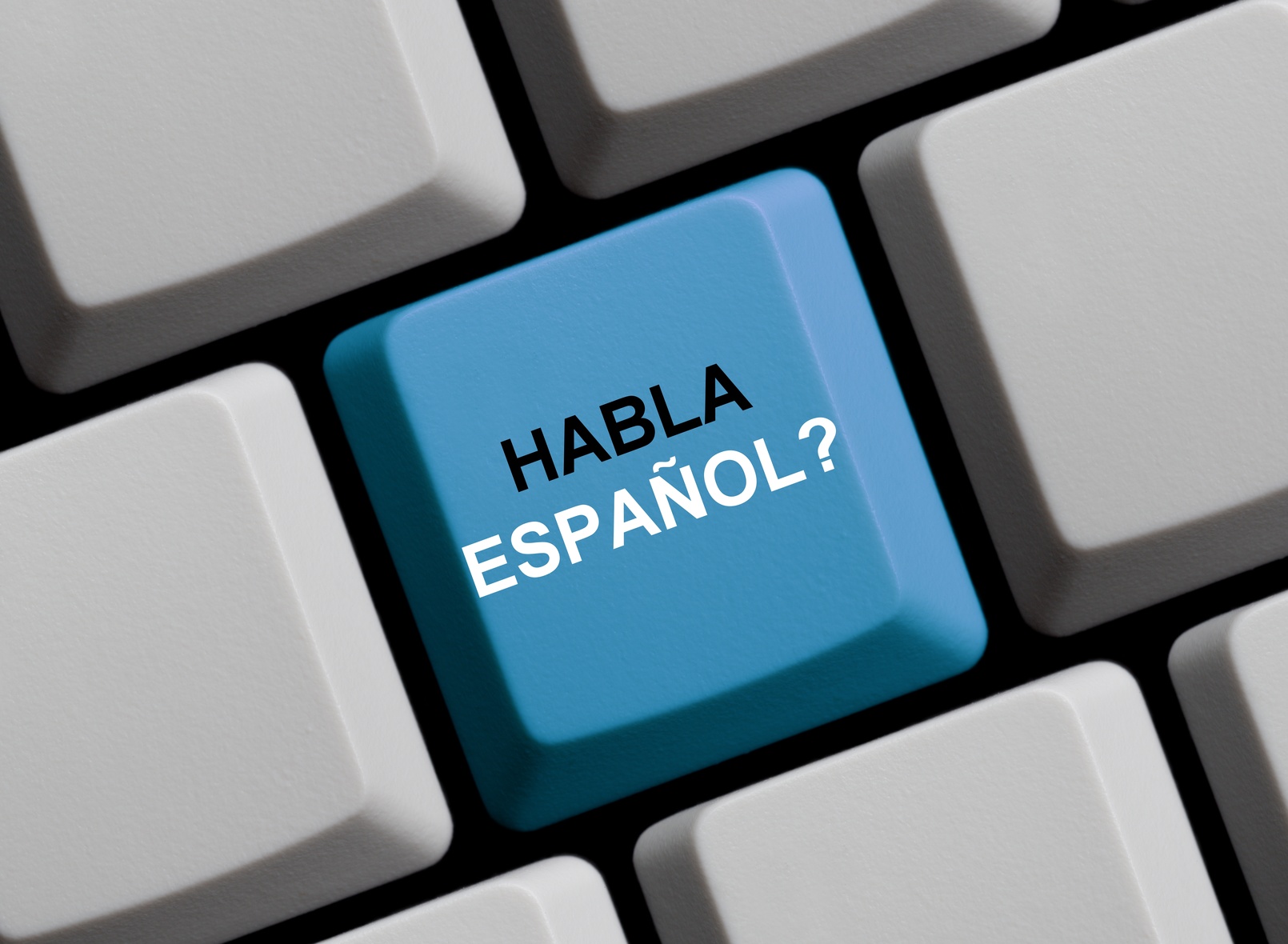

Photo via Pixabay
When you’re in a foreign country for a while working, on vacation, or studying, you would have different needs regarding the use you will give the native language, but you’re always going to need some preliminary basics to survive the very first days.
So from ShBarcelona, we want you to offer that first essential help with this article.
Related article: Language Bookstores in Barcelona
Table of Contents
Although you speak Spanish more or less fluently, you must learn what the codes are and how to ask for something or talk to people. You should also know that in Barcelona Catalan is spoken, and, although you can live there without speaking it, perhaps understanding it it very useful.


Photo via Pixabay
For starters, you should know how to say hello or goodbye depending on the time of the day or the place you are.
The most common is a “hola” or “buenos días/tardes/noches” as a greeting, and a “adiós“, “hasta luego“, “nos vemos” or “que te vaya bien” to say goodbye.
To ask someone how is he/she doing after the greeting they say “¿cómo estás?” or “¿cómo te va?” and usually you have to answer with a “Bien, ¿y tú?”, but does not always mean you want to know how the other is, is just a courtesy formula.
To order your food at a restaurant can say “¿nos toma nota, por favor?“, for example, and to ask the price of something, “¿cuánto cuesta esto?“.
You can also replace the words by gestures or start speaking in English or another language, in case you can not follow the conversation, but it is always best to get the attention of the person with one of these sentences.
You might also find helpful to know how to ask for directions to a local resident with a “¿cómo puedo llegar a…( la Sagrada Familia, for example)?”.
Related article: 4 Apps to Help you Learn Spanish
Photo via Pixabay
You must learn to say:
If you do not understand what someone is saying, you can also ask them to slow down the rate of speech with a “más despacio, por favor” or simply stating that you do not speak the language with a “no hablo español“.
Many times you will have to refer to your relatives, “mi hijo”, “mi hija”, “mi marido”, “mi mujer”, “mi novio”, “mi novia”, “mi amigo”, “mi amiga”, or you’ll have to express basic actions like “ir al baño” (going to the toilet in a restaurant, museum or similar) , “bajar del metro” in a particular metro station to ask someone, etc.
There are many different situations and much vocabulary you would need, we recommend that you always carry on a dictionary or a guide, so you can understand the signals that you find on the street or can express yourself in a more or less proper way to ask locals for directions, help or your food.
How did you manage communicating in Barcelona when you were here on holiday?
Barcelona’s Mediterranean climate, with increasingly warmer and longer summers, makes air conditioning an essential feature…
Maybe you're thinking about selling a property or you've just inherited one or more real…
Do you enjoy strolling among trees and plants, away from the hustle and bustle of…
If you are planning to move to Barcelona for a few months or permanently, one…
ShBarcelona establishes itself as the leading agency within the Apialia Eixample Group, reaffirming its position…
Are you going to visit Barcelona this 2025? The vibrant Catalan capital once again becomes…